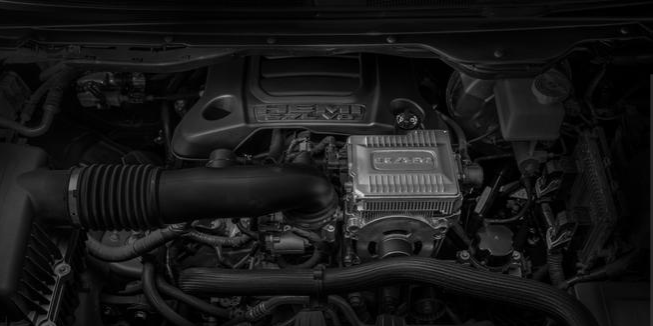I completely agree with you on the KV100. My thinking was engine startup, especially when it's cold outside. You know, the one thing that I'm wondering about is what are the downsides of using 0W-40 motor oil in my vehicles, especially in the RAM 1500. Don't get me wrong, it runs great. On Friday I checked out two new RAM 1500 trucks, one with E-Torque and one without. The 5.7 HEMI with E-Torque started up really nicely and sounded great. No weird noises, no injector noises, nothing, just smooth as butter. I said to myself that this is a motor that I would not run out of spec oil in. Then I checked out a Big Horn with a 5.7 HEMI, no E-Torque. I used the remote start on the keyfob and sure enough, it ticked like hell when it started. I was like "yep, this is the HEMI tick". It went away after a few seconds. This is a 2020 truck mind you with 125 miles on the odometer. I asked the sales guy about the tick, and he said that because it's been sitting for a while, it's normal. I told him my 2016 never made that tick on startup. In 4 years my 2016 RAM 1500 accumulated an astonishing 25000 miles, so it isn't driven a lot. Sometimes it sits for weeks, still, no tick. The injectors are loud, but that's another story. Anyway, I was told that as the oil goes back into the pan, over time, the top part of the engine is dry, so this is normal, "they all do it". Well, the problem with that statement is that it had 125 miles on it, and from the way it was parked it was recently driven. Not very confidence inspiring for a $44,000 truck. I just looked out of curiosity and to listen to these newer HEMIs. Apparently, nothing has changed, except maybe for E-Torque on some trucks. Sorry for the slight derail



